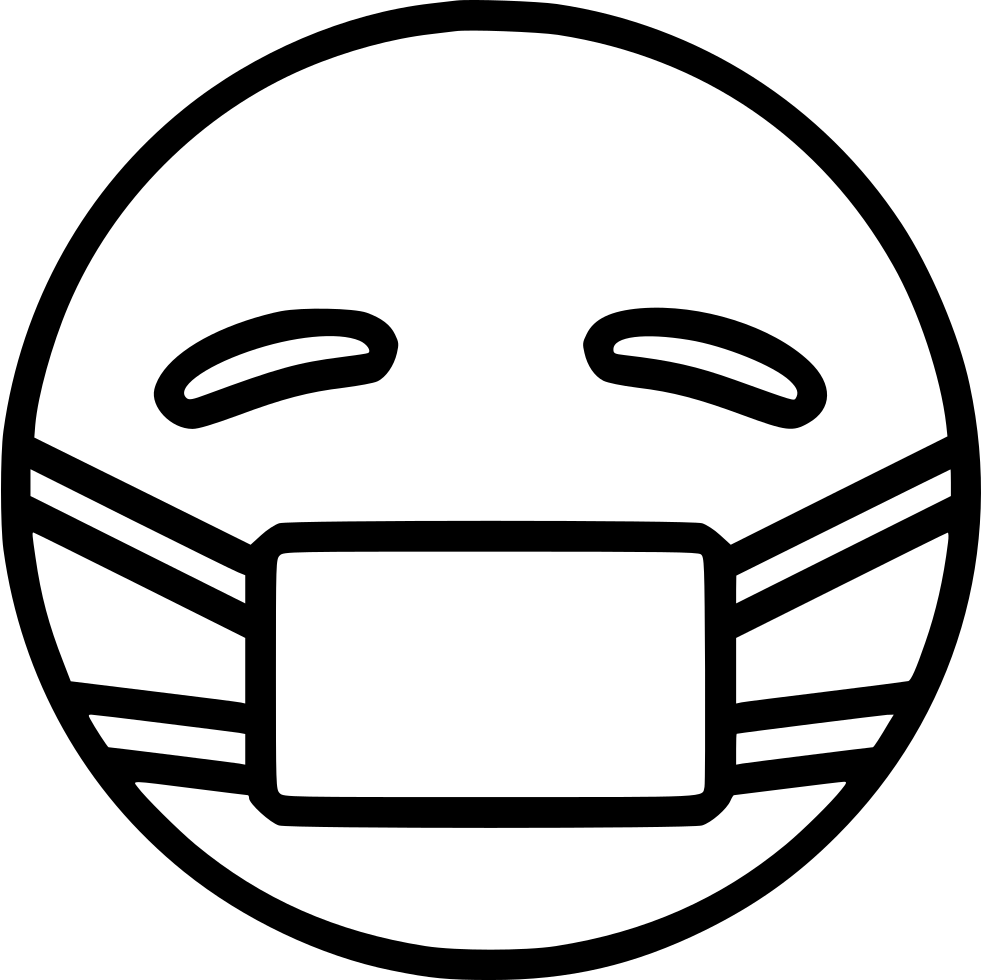
This image has format transparent PNG with resolution 981x980.
You can download this image in best resolution from this page and use it for design and web design.
Surgical mask, medical mask PNG with transparent background you can download for free, just click on download button.
A surgical mask, also known as a procedure mask, medical mask or simply as a face mask, is intended to be worn by health professionals during surgery and during nursing to catch the bacteria shed in liquid droplets and aerosols from the wearer's mouth and nose. They are not designed to protect the wearer from inhaling airborne bacteria or virus particles and are less effective than respirators, such as N95 or FFP masks, which provide better protection due to their material, shape and tight seal.
Surgical masks are made of a nonwoven fabric created using a melt blowing process. They came into use in the 1960s and largely replaced cloth facemasks in developed countries. A shortage of surgical masks is a central issue of the ongoing 2019–20 coronavirus pandemic.
Surgical masks are popularly worn by the general public all year round in East Asian countries like China, Japan and South Korea to reduce the chance of spreading airborne diseases to others, and to prevent the breathing in of airborne dust particles created by air pollution. Additionally, surgical masks have become a fashion statement, particularly in contemporary East Asian culture bolstered by its popularity in Japanese and Korean pop culture which have a big impact on East Asian youth culture.
A surgical mask is a loose-fitting, disposable device that creates a physical barrier between the mouth and nose of the wearer and potential contaminants in the immediate environment. If worn properly, a surgical mask is meant to help block large-particle droplets, splashes, sprays, or splatter that may contain viruses and bacteria, keeping it from reaching the wearer's mouth and nose. Surgical masks may also help reduce exposure of the wearer's saliva and respiratory secretions to others that could otherwise travel up to 26 feet. Surgical mask also remind wearers not to touch their mouth or nose, which could otherwise transfer viruses and bacteria after having touched a contaminated surface.
A surgical mask, by design, does not filter or block very small particles in the air that may be transmitted by coughs, sneezes, or certain medical procedures. Surgical masks also do not provide complete protection from germs and other contaminants because of the loose fit between the surface of the face mask and the face.
A surgical mask is not to be confused with a respirator and is not certified as such. Surgical masks are not designed to protect the wearer from inhaling airborne bacteria or virus particles and are less effective than respirators, which are designed for this purpose. Collection efficiency of surgical mask filters can range from less than 10% to nearly 90% for different manufacturers’ masks when measured using the test parameters for NIOSH certification. However, a study found that even for surgical masks with "good" filters, 80–100% of subjects failed an OSHA-accepted qualitative fit test, and a quantitative test showed 12–25% leakage.
Modern surgical masks are made from paper or other non-woven material and should be discarded after each use.
The design of the surgical masks depends on the mode; usually, the masks are three-ply (three layers). This three-ply material is made up of a melt-blown polymer, most commonly polypropylene, placed between non-woven fabric. The melt-blown material acts as the filter that stops microbes from entering or exiting the mask. Pleats are commonly used to allow the user to expand the mask such that it covers the area from the nose to the chin. The masks are secured to the head with ear loops, head ties, or elastic straps.
In this clipart you can download free PNG images: Surgical mask PNG, Medical mask PNG free images download